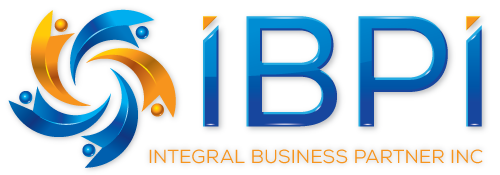In the staffing industry, matching the right candidate to the right job is both an art and a science. Traditional methods rely heavily on the manual review of resumes, job descriptions, and sometimes intuition, which can be time-consuming and prone to human error. Artificial Intelligence (AI) is revolutionizing this process, offering sophisticated solutions that promise greater efficiency and accuracy in job matching.
Leveraging AI for Precision Matching
AI algorithms excel at analyzing vast amounts of data quickly and identifying patterns that may not be immediately apparent to human recruiters. In the context of job matching, AI can assess a candidate’s skills, experience, and preferences against job requirements and company culture to identify the best fits. This not only speeds up the recruitment process but also increases the likelihood of a successful placement.
Understanding Skills and Competencies
One area where AI significantly impacts is its ability to understand and match based on skills and competencies. By parsing through resumes, portfolios, and even social media profiles, AI can create a comprehensive profile of a candidate’s abilities. Similarly, it can analyze job descriptions to extract key requirements. This detailed understanding allows for more nuanced matching beyond what keywords alone can achieve.
Enhancing Candidate and Employer Satisfaction
Effective job matching is crucial for both candidate and employer satisfaction. For candidates, being matched with a job that aligns with their skills, career aspirations, and cultural preferences can lead to higher job satisfaction and retention rates. Employers benefit from employees who are well-suited to their roles and more likely to contribute positively to the company. AI-driven matching can significantly improve these outcomes by ensuring a high degree of fit between the candidate and the position.
Continuous Learning and Improvement
AI systems are not static; they learn and improve over time. Through machine learning algorithms, AI systems can refine their matching criteria based on feedback and outcomes. This means that the more the AI system is used, the better it becomes at predicting successful job matches. This continuous learning process is invaluable for adapting to changing job markets and evolving skill sets.
Challenges and Ethical Considerations
While AI in job matching offers many advantages, it’s not without its challenges. Ensuring that AI algorithms are transparent and do not perpetuate existing biases is crucial. Additionally, there is a need to maintain a balance between AI-driven recommendations and human judgment. The human aspect of recruitment, understanding a candidate’s personality, and fit within a team or company culture, remains essential.
The Future of AI in Job Matching
As AI technology continues to evolve, its role in job matching will likely become more sophisticated. We can anticipate more personalized and accurate matches, benefiting both candidates and employers. Moreover, as AI becomes more integrated into other aspects of recruitment and staffing, the entire hiring process will become more streamlined and effective.
In conclusion, AI’s role in job matching is transformative, offering unprecedented precision and efficiency in connecting candidates with the right jobs. By harnessing the power of AI, staffing agencies can enhance their recruitment processes, leading to more successful placements and higher satisfaction levels among candidates and employers alike. As we move forward, the continued development and ethical use of AI in job matching will be key to realizing its full potential.
